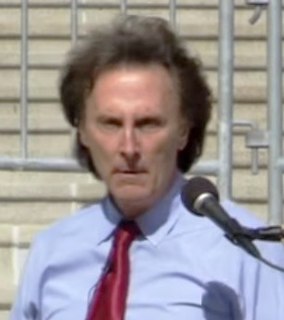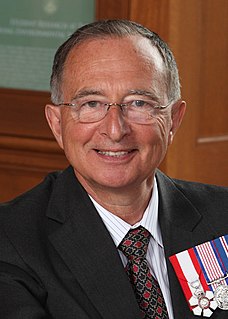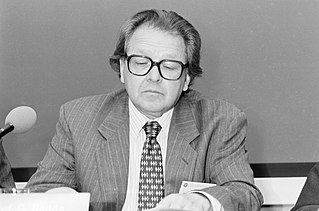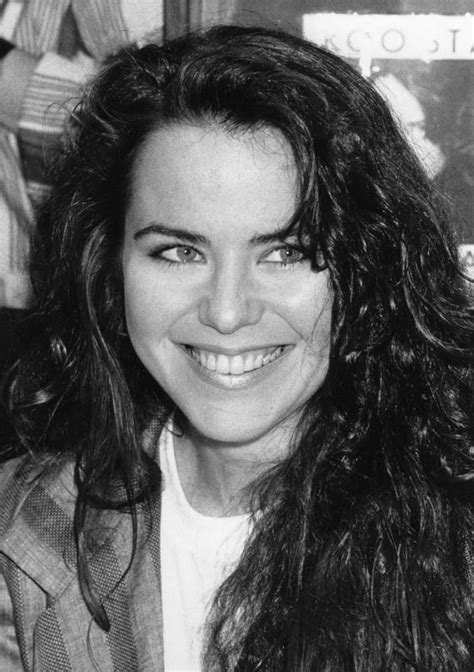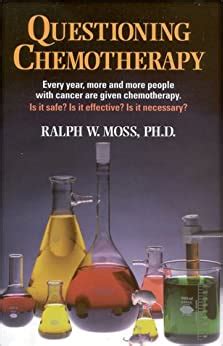A Quote by Barry Lynes
A noted cancer specialist in Boston said he believed that if some simple and inexpensive replacement for Chemotherapy for the treatment of cancer were found tomorrow, all US medical schools would teeter on the verge of bankruptcy, so integral a part of their hospital revenues is oncology, the medical specialty of cancer treatment
Related Quotes
In 1975, the respected British medical journal Lancet reported on a study which compared the effect on cancer patients of (1) a single chemotherapy, (2) multiple chemotherapy, and (3) no treatment at all. No treatment 'proved a significantly better policy for patients' survival and for quality of remaining life.'
The development of a strategic plan for cancer prevention in medical schools that is supported by all stakeholders - including the medical community, government, the insurance industry, cancer advocacy groups and all those dedicated to cancer prevention - will be the key to inspiring patients to live lifestyles that will decrease cancer risk.
I think one possibility [in the future] might be chemotherapy. And I'm always hesitant to say that because it makes it sound like I'm against chemotherapy. Right now, chemotherapy is the best cancer treatment therapy we have. But let's say we find some way where we can almost genetically engineer the DNA of our being and fight cancer that way. Then, the idea that we used to pump poison into people to fight off cancer will almost seem like the use of leeches or something.
The field of U.S. cancer care is organized around a medical monopoly that ensures a continuous flow of money to the pharmaceutical companies, medical technology firms, research institutes, and government agencies such as the Food and Drug Administration (FDA) and the National Cancer Institute (NCI) and quasi-public organizations such as the American Cancer Society (ACS).
We went through the records and we found over five hundred of his patients who were alive and well five years after their treatment, with no cancer. And Dr. Burton didn't selectively give us these. These were "take what you want. Here are the patients I treated." So there was statistical improvement - more so than any cancer institution in the United States could show.
With regard to testimony from various experts, there was pro and con. The argument was very articulately made that many provinces allow mature minors - minors capable of making the decision - to make decisions on their own treatment in very serious cases, including cancer. They are given the right to ask for medical treatment to be withheld, so long as they understand.
A cancer is not simply a lung cancer. It doesn't simply have a certain kind of appearance under the microscope or a certain behavior, but it also has a set of changes in the genes or in the molecules that modify gene behavior that allows us to categorize cancers in ways that is very useful in thinking about new ways to control cancer by prevention and treatment.
A study was done which shows the majority of oncologists who refer patients for chemotherapy for lung cancer would not themselves take chemotherapy for lung cancer. And in fact if the chemotherapy involved cis-platen, something like 75% of them said they wouldn't take it. But what do these people do all day long? They're sending people for cis-platen.







